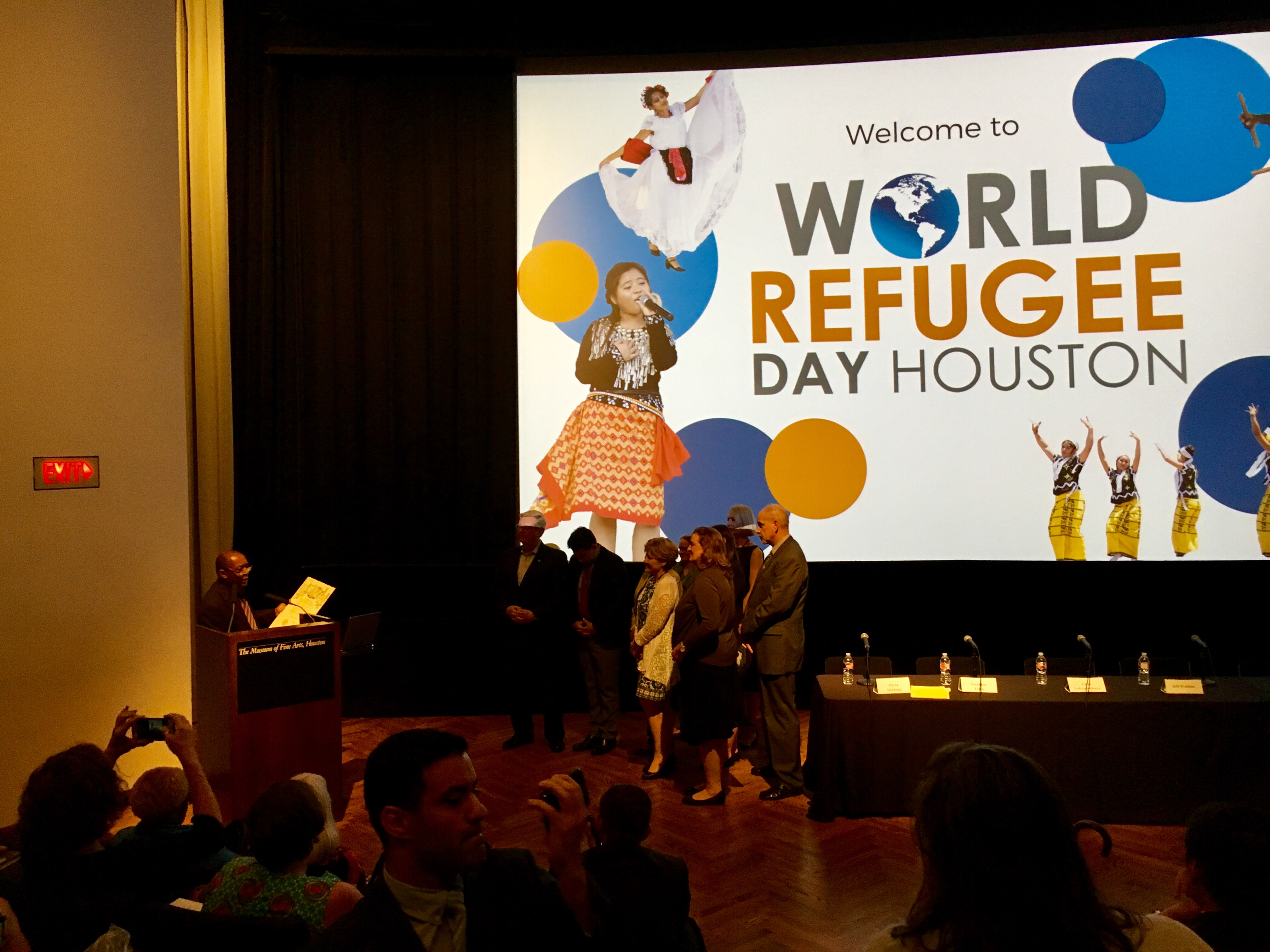For Thomas Garcia-Prats, founder and general manager of Small Places, urban farming represents an opportunity to work towards social justice, bring communities closer together, and provide nutritious and locally sourced produce to people in need - but the path to becoming a farmer was not a straight shot. I got the chance to speak with Thomas about his interest in urban agriculture and how he got to his current position.
Q: Tell me about yourself and how you got started in urban farming.
A: I was born and raised in Houston, Texas. I’m from a big, stereotypical urban family, so growing up I went to church, school, sports, and that’s it. I never intended to be an urban farmer. My family didn’t even grow potted tomatoes on the front porch. It was an intersection of experiences, like living in Central and South America, that changed things.
Studying culture and history abroad in Nicaragua got me interested more in justice in general, rather than agriculture. I started asking myself, why is Nicaragua one of the poorest countries in our hemisphere? How can I provide basic features of living for people? Coming back from there changed my perspective. I wanted to learn more about my own culture, and in Houston, food is a big part of that. I went to work at an organic farm in Maine after about a year of living in Houston teaching and waiting tables.
Q: What was the farm like in Maine?
The farm was in an incredibly rural, small town. It was a 20 acre farm on a country road with about two acres in vegetables, and it ran off the grid on solar and wind power. The farmers there homesteaded, which means they grew produce for sale but also for themselves. Rosie [the main farmer] took an apprentice every year, and she and I would wake up Monday through Friday at 6 am, and then be out on the field working until 5 or 6 PM.
Q: Was that a difficult adjustment, from living in Houston to working long hours outside on the farm?
Everything about farming was a brand new world for me, and I had to learn the small details like what type of seeds to use, but living in Nicaragua, we were basically outside all the time. I’m athletic in general, and I enjoy that physicality of working outside.
Q: How did your farming experiences lead you to founding Small Places?
When I left Maine, I had no idea what I wanted to do. It has never been, “I’m going to be a farmer.” It’s more that I’m fascinated by how our culture works and food is so integral into that. The work we do as a farm, it’s getting me deeper into why our society works the way it does.
An opportunity presented itself in Iowa where I could work on a large organic farm up there. It was a step up in scale and professionalism. The farmer worked to build a good reputation as a professional farm, and they had good recordkeeping and documents compared to the previous farm. Working there strengthened my business sense to help me when I eventually started Small Places.
After I came back from Iowa, a friend working on a farm in Nicaragua told me about an opportunity to manage a farm there in 2012. Farming in the tropics is different, so I learned how to work in a new climate. I was also managing people for the first time, so that was new.
Q: Tell me what it was like starting the farm. Why Houston and why urban farming in particular?
I started the farm in Houston in May of 2014. I wanted to stay in Houston but there were no farming jobs here, so I now run the farm with two of my brothers. I called it a meeting of the minds = we would cook dinner and brainstorm about the idea of running an urban farm in Houston.
We saved up money and started going to conferences and talks on health and food. The interesting thing was, agriculture was almost never a part of the conversation. Often, people will say urban areas need more access to fresh food, so they’ll talk about building a grocery store, but in an urban setting, people are disconnected from where food comes from. I don’t think the problem is access to grocery stores. It’s access to agriculture.
People sometimes ask why we don’t just get 50 acres in Beaumont and affect more people with more product, but we want to be where the people are so we can be part of the conversation. When I go to community meetings, people always ask me about the farm. We’re now a part of the community. Our farm is in the neighborhood so you can meet other people there, connect with other people who are interested in eating healthier, being outside, and want their kids to be more conscientious about nutrition. These important conversations stem from having the farm in the middle of the city.
Q: One of the biggest challenges urban farms face is the rising price of real estate. How is Small Places overcoming the increasing cost of land in Houston?
The value of our land has almost quadrupled in four and a half years. Can I justify my 1.5 acre farm on a piece of land that could be valued up to a million dollars? The impact that my farm has goes beyond food production. Houston’s productive green space is diminishing. We just had some Rice students do a Social Return on Investment calculation to determine the financial benefit of the farm, including non-tangible benefits. We give pre-K students free bags of produce, and because of that, the cost of healthcare can go down $10,000 per child. They’re projecting over $1 million in value due to less visits to hospitals and being healthier in general. I think of it as a minimal investment in the long term health of my community, and I think more people are recognizing the health realities of obesity, so I think $1 million is justified.
Q: What are your favorite and least favorite parts of the job?
A: My least favorite is probably the marketing and accounting, which my brother does usually. I’m not really inspired by that.
My favorite is interacting with people on the farm. There’s all kinds of people – kids who have never been there, adults who’ve immigrated from places with a lot of agriculture, people who just drove by. The fact that people are gracious and interested always motivates me to keep doing what I’m doing.
Q: Any parting words of advice?
I would say it’s important to get out of your comfort zone. If I’m comfortable arguing about environmentalism or why society sucks at taking care of it, that’s great, but can we not do something beyond that? Inform yourself more. We get comfortable in our belief systems, but we need to challenge ourselves to learn more. And get out of your routine. Do something you wouldn’t normally do. Make dinner for your neighbor. Break down some of these barriers we build up. Donate money to something you believe in instead of going out and eating or drinking. Take a different route home. Just do something to get out of your default setting – go home, go to work, go to the store, go back home. The world is way beyond that.
Interview By: Erin Philip
 Tuesday, September 11, 2018 at 3:41PM
Tuesday, September 11, 2018 at 3:41PM 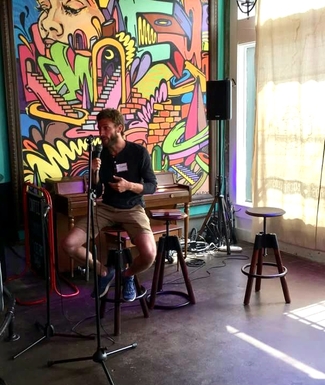
 Tuesday, September 11, 2018 at 3:41PM
Tuesday, September 11, 2018 at 3:41PM 
 Tuesday, August 7, 2018 at 3:36PM
Tuesday, August 7, 2018 at 3:36PM 
 Tuesday, August 7, 2018 at 12:44PM
Tuesday, August 7, 2018 at 12:44PM 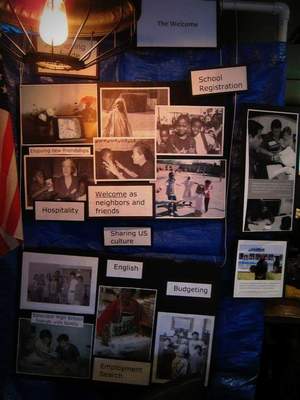
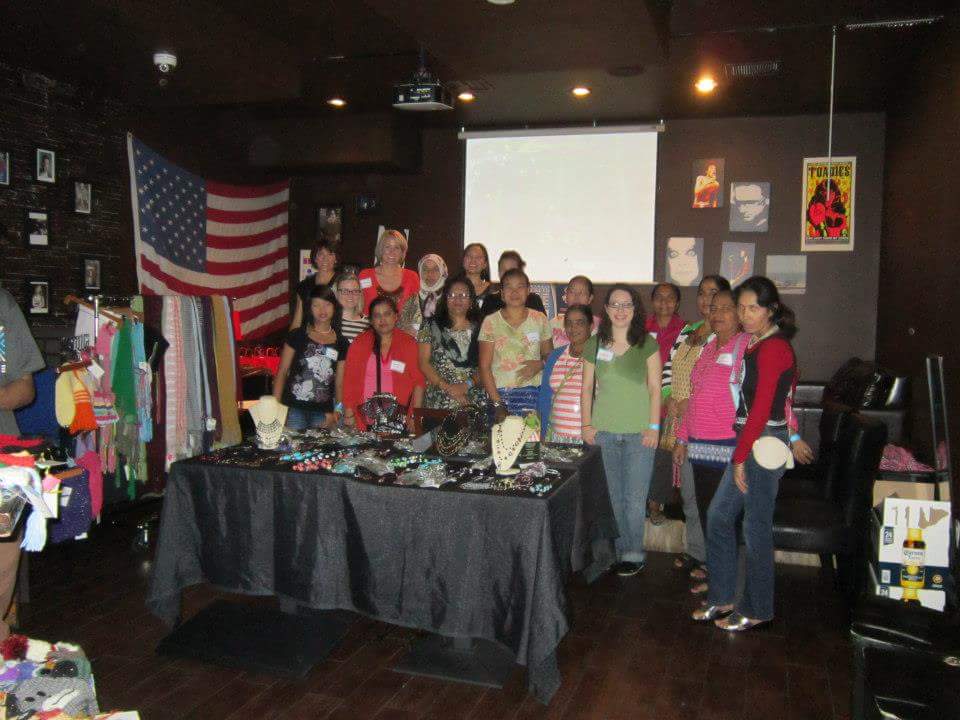
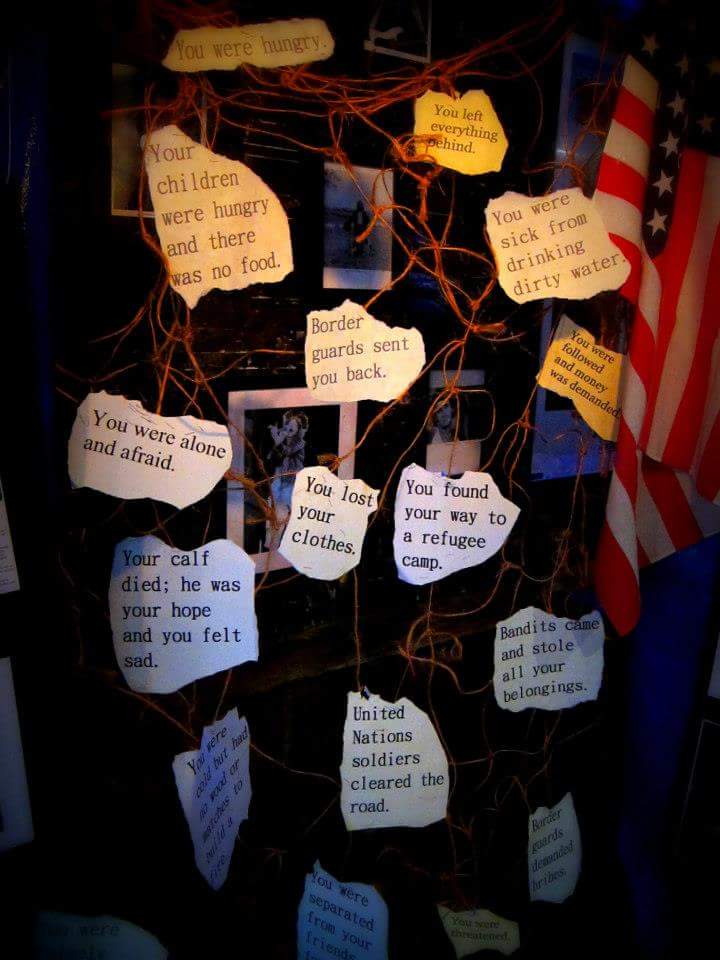
 Tuesday, July 3, 2018 at 10:22AM
Tuesday, July 3, 2018 at 10:22AM 
 Wednesday, June 27, 2018 at 10:10PM
Wednesday, June 27, 2018 at 10:10PM 